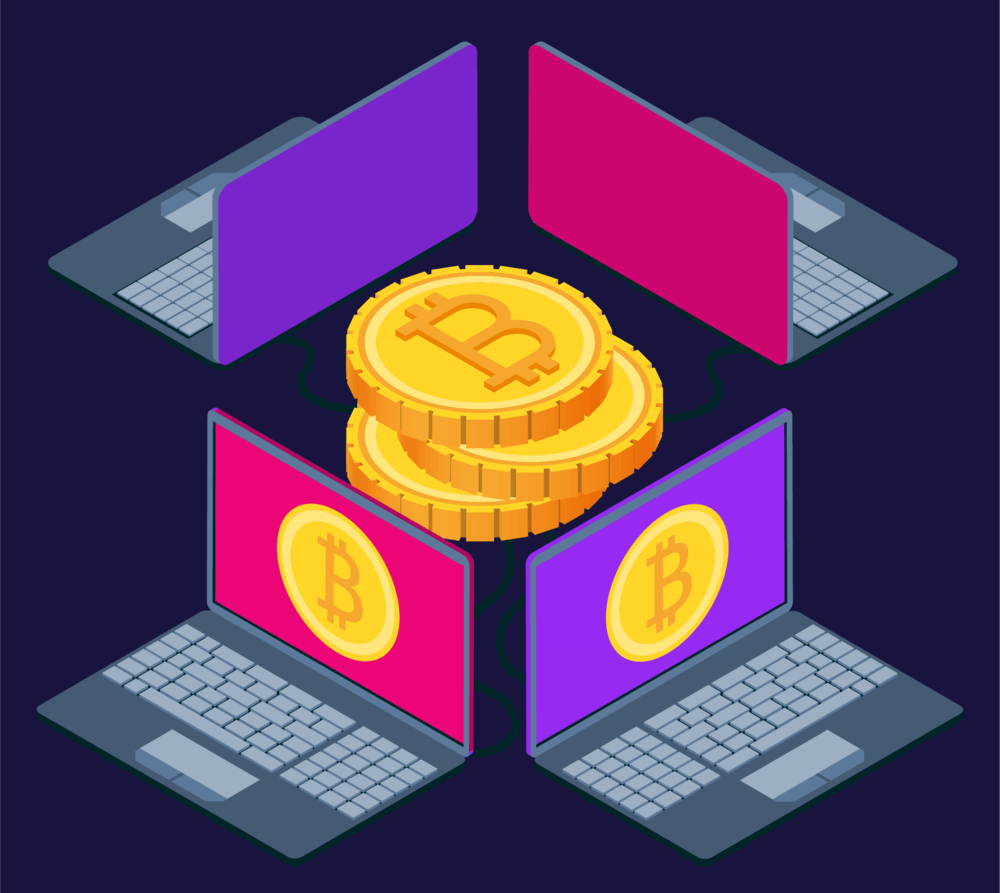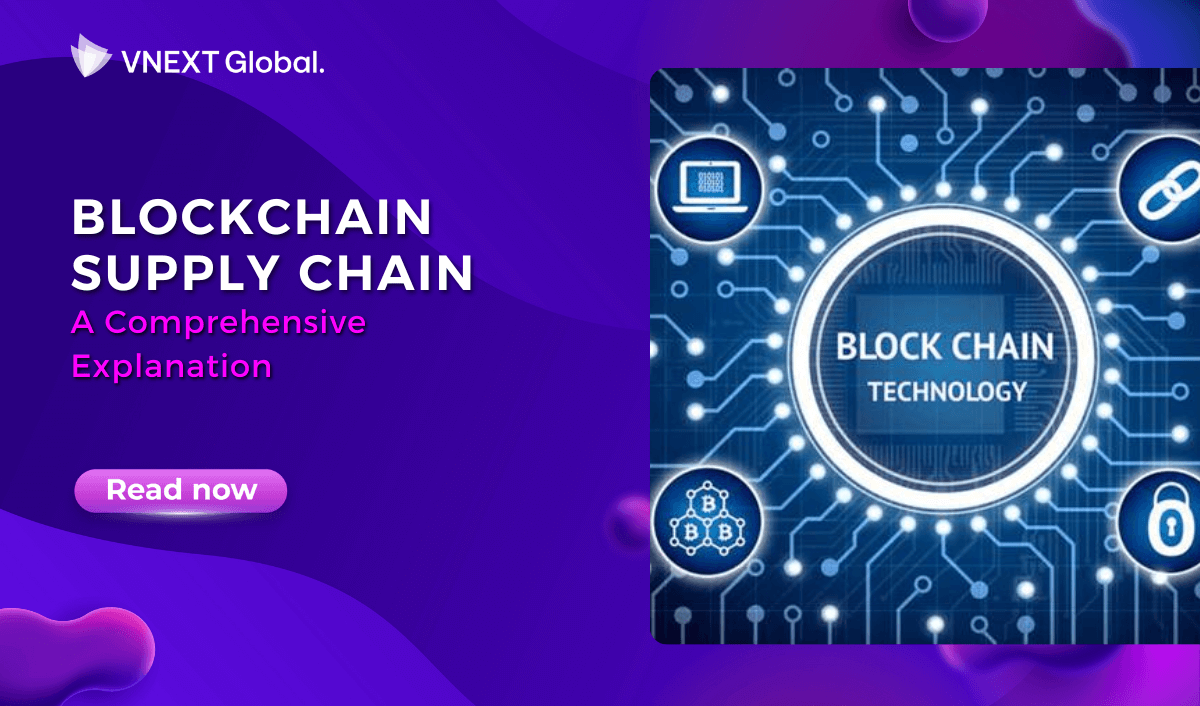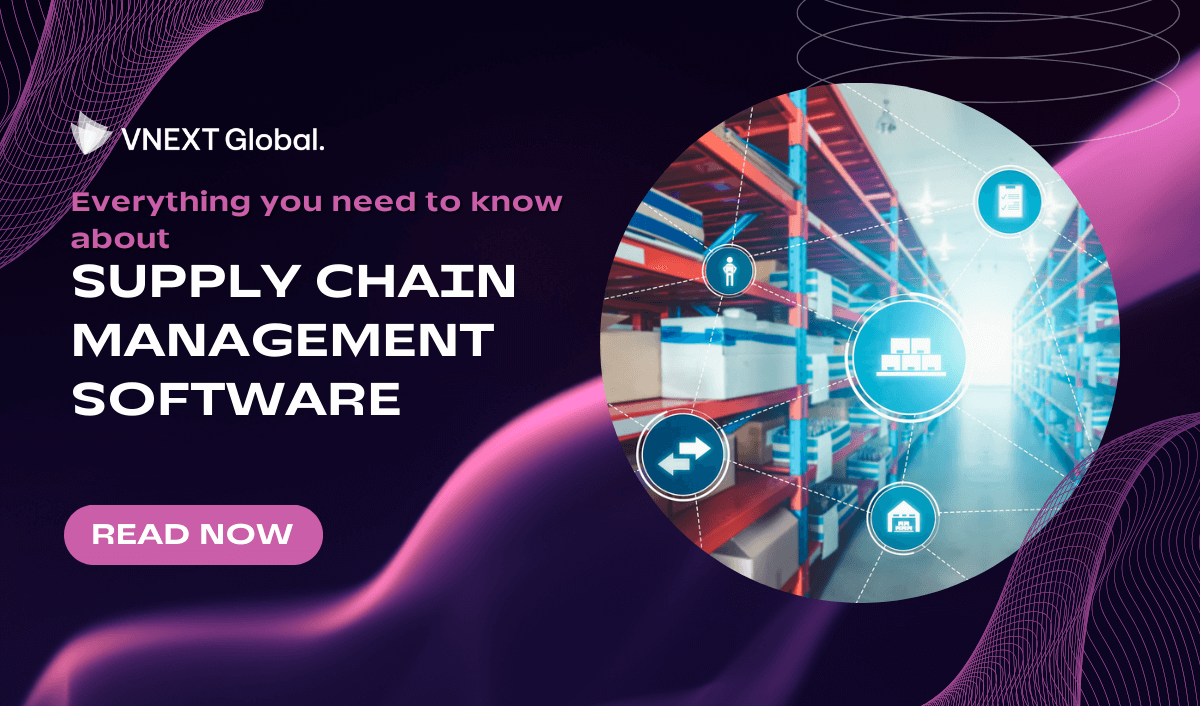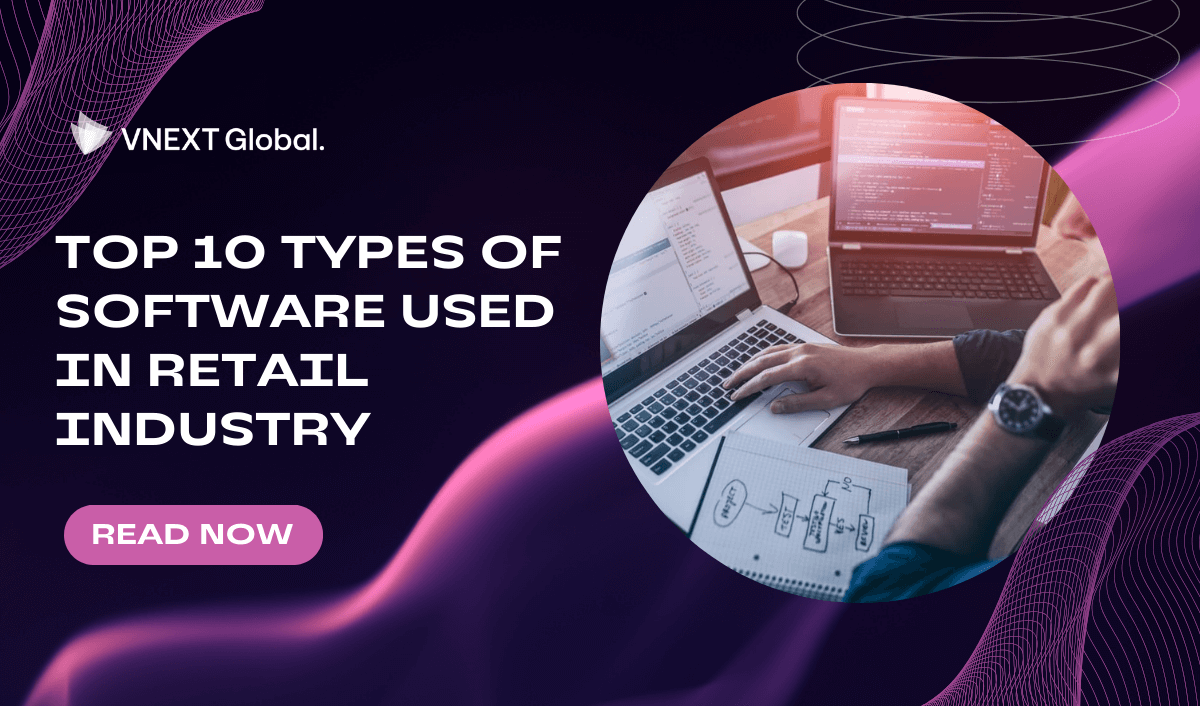Blockchain Supply Chain - A Comprehensive Explanation
The supply chain is undoubtedly key to the success of many businesses as it allows manufacturers to ensure their product meets the market demand. However, traditional supply chains often suffer from inefficiencies, lack of transparency, and a vulnerability to fraud. Blockchain technology offers a promising solution to these challenges, revolutionizing the way supply chains operate. In this blog, we will delve into the concept of blockchain in the supply chain, explore its importance, and examine various use cases where blockchain is being implemented.
1. What is Blockchain in Supply Chain?
Blockchain, at its core, is a decentralized and immutable digital ledger that records transactions across multiple computers or nodes. Each transaction, known as a block, is securely linked to the previous block, forming a chain. This chain of blocks creates a transparent and tamper-resistant record of all transactions, making it virtually impossible to alter or manipulate data without the consensus of the network participants.
When applied to supply chains, blockchain provides a distributed and transparent platform for recording and verifying transactions, agreements, and movements of goods. It enables real-time visibility, traceability, and accountability throughout the supply chain, from the origin of raw materials to the final delivery of products to consumers.

2. Why is Blockchain Important in Supply Chain?
A. Enhanced Transparency:
One of the key benefits of blockchain in the supply chain is increased transparency. Traditional supply chains often involve multiple intermediaries, making it challenging to track and verify the movement of goods. Blockchain technology enables all participants in the supply chain to have access to a shared ledger, providing real-time visibility into transactions, inventory levels, and product origins. This transparency reduces the risk of counterfeiting, improves compliance, and builds trust among stakeholders.
B. Improved Traceability:
With blockchain, each step in the supply chain can be recorded as a transaction on the distributed ledger. This enables precise traceability, allowing businesses and consumers to track the journey of a product from its source to the end consumer. For example, in the food industry, blockchain can help identify the origin of contaminated products, facilitating targeted recalls and minimizing the impact on public health.
C. Enhanced Security:
Blockchain's decentralized nature and cryptographic algorithms make it highly secure. Once a transaction is recorded on the blockchain, it is almost impossible to alter or delete without the consensus of the network participants. This immutability ensures the integrity of the supply chain data and protects against fraud, tampering, and unauthorized changes. By eliminating the need for intermediaries and centralized authorities, blockchain also reduces the risk of single points of failure and data breaches.
D. Streamlined Processes and Cost Reduction:
Traditional supply chains involve complex documentation, manual record-keeping, and time-consuming reconciliation processes. Blockchain simplifies these processes by automating data validation, reducing paperwork, and eliminating redundant intermediaries. This automation improves efficiency, reduces errors, and lowers operational costs in the supply chain.

3. How can Blockchain be Used in Supply Chain?
A. Track and Trace:
The ability to track and trace products is crucial in industries such as pharmaceuticals, luxury goods, and food. Blockchain enables the creation of a digital passport for each product, capturing its entire journey from raw materials to the end consumer. For instance, IBM Food Trust is a blockchain-based platform that allows retailers, suppliers, and consumers to trace the origin, handling, and temperature of food products, enhancing food safety and reducing waste.
B. Supply Chain Finance:
Blockchain can revolutionize supply chain finance by providing secure and transparent digital records of transactions and contracts. Smart contracts, self-executing contracts with predefined conditions, can automate payment settlements and reduce the reliance on intermediaries. This improves cash flow, reduces the risk of fraud, and enables businesses, particularly small and medium enterprises, to access affordable financing options.
C. Counterfeit Prevention:
Counterfeit products pose a significant challenge for many industries, including fashion, electronics, and pharmaceuticals. By leveraging blockchain, companies can create unique digital identities for their products and record them on the blockchain. This enables consumers and supply chain participants to verify the authenticity and provenance of a product in real-time. VeChain, a blockchain platform, is partnering with luxury brands to authenticate products and provide customers with a digital certificate of authenticity.
D. Ethical Sourcing and Sustainability:
Blockchain can promote ethical sourcing and sustainability by providing a transparent record of a product's journey. This enables businesses and consumers to verify if the product meets certain environmental, social, and ethical standards. For example, the startup Provenance is using blockchain to trace the supply chain of seafood, ensuring its sustainability and fair trade practices.

4. Some Use Cases of Blockchain in Supply chain
A. Medical Supply Chain:
The healthcare industry relies on a complex and fragmented supply chain to deliver essential medical supplies and medications. Blockchain can streamline this process by creating an auditable and tamper-proof record of each transaction, from manufacturing to distribution. This ensures the integrity of the supply chain, prevents counterfeit drugs, and improves patient safety. For example, the pharmaceutical company Pfizer is piloting a blockchain solution to track and verify the authenticity of prescription drugs.
B. Automotive Supply Chain:
The automotive industry involves numerous suppliers, manufacturers, and distributors, making supply chain management challenging. Blockchain can enable efficient tracking and traceability of parts, reducing the risk of counterfeit components and improving quality control. For example, the Mobility Open Blockchain Initiative (MOBI) is exploring the use of blockchain for tracking vehicle maintenance records, ownership history, and recalls.
C. Cross-Border Trade:
International trade involves multiple parties, complex documentation, and customs processes. Blockchain can simplify and automate cross-border transactions by providing a secure and transparent platform for recording and verifying trade-related documents, such as bills of lading, invoices, and certificates of origin. This can significantly reduce paperwork, eliminate delays, and enhance trust between trading partners. TradeLens, a blockchain platform developed by IBM and Maersk, aims to digitize global trade operations by improving supply chain visibility and documentation management.
D. Logistics and Shipping:
The logistics and shipping industry can benefit from blockchain technology by improving efficiency, reducing paperwork, and enhancing supply chain visibility. By recording the movement of goods on a blockchain, stakeholders can track shipments in real-time, automate documentation processes, and optimize logistics operations. Blockshipping is a blockchain-based platform that aims to digitize container shipping, enabling real-time tracking, efficient port operations, and reduced administrative costs.
E. Retail and E-commerce:
Blockchain can enhance transparency and trust in the retail and e-commerce sector by enabling consumers to verify the authenticity and quality of products. Additionally, blockchain-based loyalty programs can offer personalized rewards and incentives, improving customer engagement and loyalty.
JD.com, a leading e-commerce platform in China, has implemented blockchain technology to improve the traceability and safety of its pork supply chain. By using blockchain, the company can track and record important information at each stage of the pork production process, including breeding, feeding, and processing. This enables JD.com to provide consumers with detailed information about the origin, quality, and safety of the pork products they purchase.

Final Thoughts:
Blockchain technology holds tremendous potential to transform the supply chain landscape by enhancing transparency, traceability, and security. Its decentralized nature and cryptographic algorithms provide a foundation for trust and collaboration among supply chain participants. With its ability to streamline processes, reduce costs, and mitigate risks, blockchain is set to revolutionize supply chain management across industries. As the technology matures and more real-world applications emerge, we can expect to witness a paradigm shift in how supply chains are managed and operated, leading to a more efficient and sustainable global economy.
If you are looking for a trusted IT partner, VNEXT Global is the ideal choice. With 14+ years of experience, we surely can help you to optimize your business digitalization within a small budget and short time. Currently, we have 400+ IT consultants and developers in Mobile App, Web App, System Development, Blockchain Development and Testing Services. We have provided solutions to 600+ projects in several industries for clients worldwide. We are willing to become a companion on your way to success. Please tell us when is convenient for you to have an online meeting to discuss this further. Have a nice day!












